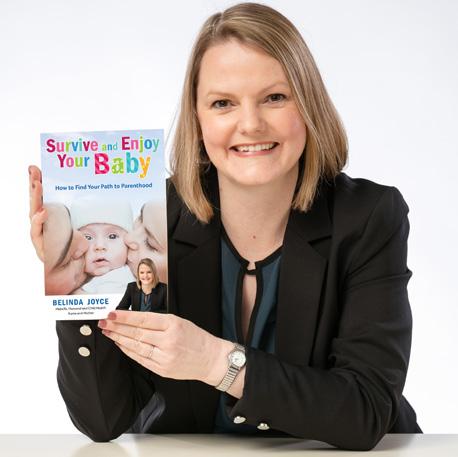COVID-19
Coronavirus - Facts Vs Fear STORY Bree James The entire world is feeling the impact from the Novel Coronavirus (COVID-19) right now. More viral than the actual disease itself is the spread of fear, which is impacting the world on a massive scale. As I write this, borders are being shut down, schools and even whole countries are going into quarantine. Travel plans and large events are being cancelled, you can’t buy toilet paper or hand sanitiser and many pantry items are now being limited. The global economy is taking a serious dive. Fear of job loss, lack of basic daily items to buy, the worry about the economy collapsing, and fear for our loved ones catching COVID-19, is all very real. It’s surreal for many of us, and it takes a lot of strength to not follow the herd and start panic buying. As parents, the unstoppable urge to look after those we love is so strong, it’s very hard not to go into ‘protect mode’ and do everything we can to look after our family (which includes buying as much food, toilet paper, and medicines as we possibly can)… When times are uncertain, people will do things to bring certainty; thus, the panic buying. Think about our parenting, if we see our child is about to do something stupid, we put fear there to stop them and get them to do what we want instead. Fear can stand for “forget everything and run” or “face everything and rise”. We need more people doing the latter.
Health authorities have told us that each of us will be exposed to Novel Coronavirus at some stage in the future and that the focus is on slowing it down. It is thought that our current lack of exposure and lack of immunity to this virus that makes this more serious than the average flu, which is why slowing it down is important. Our health services are second to none and as long as they aren’t inundated all at once, we will be ok. Eight out ten of us will only experience mild symptoms. But in order to slow the spread we are being told to stay at home if we feel sick, wash our hands well and often, sneeze and cough into our elbow and refrain from touching others. The most vulnerable are our elderly and those with pre-existing conditions like diabetes, cancer, organ recipients, asthmatics, etc. We need to do what we can to protect them and ensure the health services in our community have capacity to support them if and when the time comes. Being a respiratory virus, it’s transmitted through respiratory droplets. Person-to-person contact is thought to be the main method of transmission. Imagine sitting next to someone with a COVID-19 infection on the bus or in a meeting room. Suddenly, this person sneezes or coughs... If they don’t cover their mouth and nose, they could potentially spray you with respiratory droplets from their nose or mouth. The droplets that land on you will likely contain the virus. Or perhaps you meet someone who contracted the virus, and they touched their mouth or nose with their hand. When that
www.pakmag.com.au | April 2020 27



















